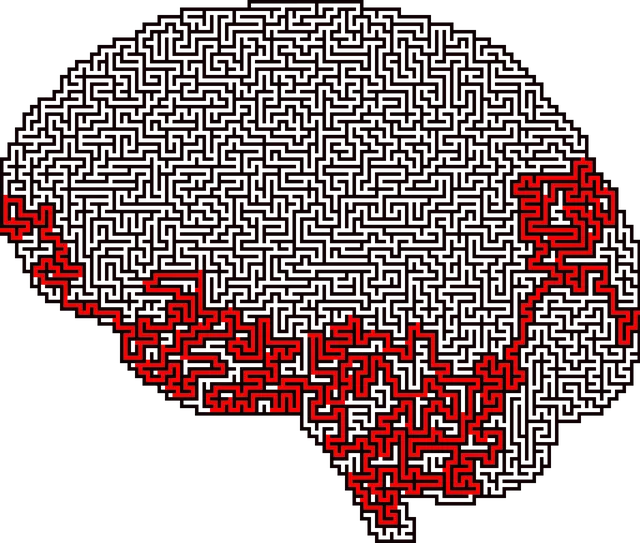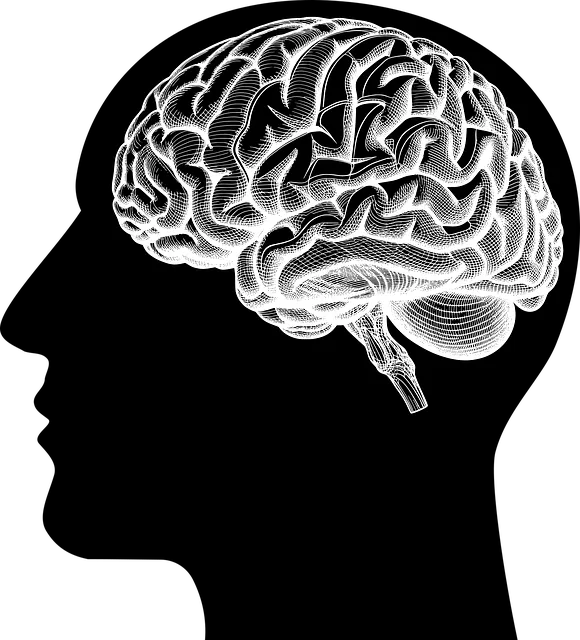Mental health literacy is crucial for early identification and management of challenges, leading to better outcomes. An innovative program design, including workshops on emotional intelligence, stress management, and burnout prevention, engages Englewood residents and empowers them to prioritize their well-being. By partnering with local organizations and leveraging Kaiser's expertise, tailored mental health support reaches diverse populations, fostering trust and open conversations about mental health. This community-driven approach enhances accessibility, encourages dialogue, and integrates professional services like those offered by Kaiser in Englewood, ultimately promoting comprehensive mental well-being. Evaluation methods measure the program's success, guiding future improvements and ensuring residents readily access available resources.
“Uncovering the key to fostering better mental well-being in Englewood begins with effective program design. This article explores a comprehensive educational approach, ‘Mental Health Literacy: Empowering Our Community’. We delve into strategies to enhance community engagement, especially for diverse populations, and how Kaiser’s resources can be leveraged to provide accessible mental health services. Through interactive workshops and robust evaluation methods, we aim to discuss practical ways to ensure knowledge retention and measure the success of such initiatives, ultimately improving mental health outcomes in Englewood.”
- Understanding Mental Health Literacy: The Foundation of an Effective Program
- Engaging Communities: Strategies to Reach and Educate Diverse Populations in Englewood
- Integrating Kaiser Resources: Utilizing Available Services for Comprehensive Support
- Designing Interactive Workshops: Practical Activities for Knowledge Retention
- Measuring Success: Evaluation Methods to Assess the Impact of the Education Program
Understanding Mental Health Literacy: The Foundation of an Effective Program

Mental health literacy is a crucial foundation for designing effective educational programs. It involves understanding common mental health conditions, their causes, symptoms, and available treatments. By enhancing mental health literacy, individuals can better recognize when themselves or others are struggling with mental health issues. This early identification is key to ensuring people receive appropriate support, such as accessing services through Kaiser in Englewood, leading to improved outcomes.
An evidence-based approach to program design incorporates emotional intelligence and stress management workshops within the organization. These initiatives foster a culture of open dialogue about mental well-being, encouraging individuals to seek help without stigma. Additionally, incorporating burnout prevention strategies ensures that participants learn effective coping mechanisms for managing stress and maintaining resilience in their personal and professional lives.
Engaging Communities: Strategies to Reach and Educate Diverse Populations in Englewood

Engage and empower communities like Englewood to address mental health through innovative program design. It’s essential to reach diverse populations where they are, understanding cultural nuances and barriers that may exist. One effective strategy is to partner with local organizations, faith-based groups, and community leaders trusted within these neighborhoods to act as facilitators and advocates for mental wellness.
Leveraging resources like Kaiser’s expertise in mental health services, programs can offer tailored workshops focused on coping skills development and mood management. By making this education accessible and engaging through interactive sessions and peer support, individuals can learn practical tools for maintaining mental balance. This community-driven approach ensures that education resonates with cultural values, fosters trust, and encourages open conversations about mental health—ultimately enhancing the overall well-being of Englewood residents.
Integrating Kaiser Resources: Utilizing Available Services for Comprehensive Support

Englewood residents now have access to enhanced mental health support through Kaiser Resources, streamlining how they can get professional care. This integration ensures a comprehensive approach to addressing various mental health concerns, from anxiety relief and coping skills development to social skills training. By leveraging available services, the program offers a holistic solution, connecting individuals with tailored resources based on their unique needs.
The collaboration between Kaiser and Englewood community organizations facilitates easy access to counseling, therapy, and support groups, all designed to promote mental well-being. This strategy not only improves accessibility but also encourages a culture of open dialogue about mental health. Residents are empowered to take charge of their emotional well-being, fostering a healthier and more resilient community in Englewood.
Designing Interactive Workshops: Practical Activities for Knowledge Retention

Designing engaging workshops is a powerful way to enhance mental health education. Interactive sessions facilitate knowledge retention and encourage active participation, making complex topics more accessible. At Englewood, we understand the importance of practical activities in fostering emotional healing processes. Our approach incorporates hands-on exercises tailored to various learning styles, ensuring everyone can benefit from the session.
Through these workshops, participants gain valuable tools for managing stress and burnout prevention strategies for healthcare providers. Social skills training is also integrated, promoting effective communication and building supportive environments. By combining theoretical knowledge with practical activities, attendees can better navigate their mental health journeys, leveraging resources like those offered by Kaiser to get the support they need.
Measuring Success: Evaluation Methods to Assess the Impact of the Education Program

Evaluating the success of a mental health education program is paramount to understanding its impact and effectiveness in empowering individuals to access services like those offered by Kaiser in Englewood. Several evaluation methods can be employed to assess the program’s reach and benefits, ensuring that it aligns with broader mental health policy goals such as Depression Prevention and Inner Strength Development.
One approach involves pre- and post-program surveys to gauge participants’ knowledge, attitudes, and self-reported mental health status. Additionally, qualitative methods like focus groups or interviews can provide deeper insights into individuals’ experiences and how the program influenced their help-seeking behaviors. By combining these quantitative and qualitative strategies, organizers can gain a comprehensive understanding of the program’s success in fostering mental well-being and guiding participants to readily access available services, including those through Kaiser in Englewood.
Mental health education programs, as highlighted in this article, are powerful tools for empowering communities like Englewood. By combining evidence-based practices, such as enhancing mental health literacy and engaging diverse populations, we can create inclusive environments that foster open conversations about mental well-being. Integrating Kaiser resources ensures access to comprehensive support, while interactive workshops boost knowledge retention. Measuring success through evaluation methods allows us to adapt and improve these programs, ultimately leading to better outcomes for individuals seeking mental health services in Englewood and beyond.






